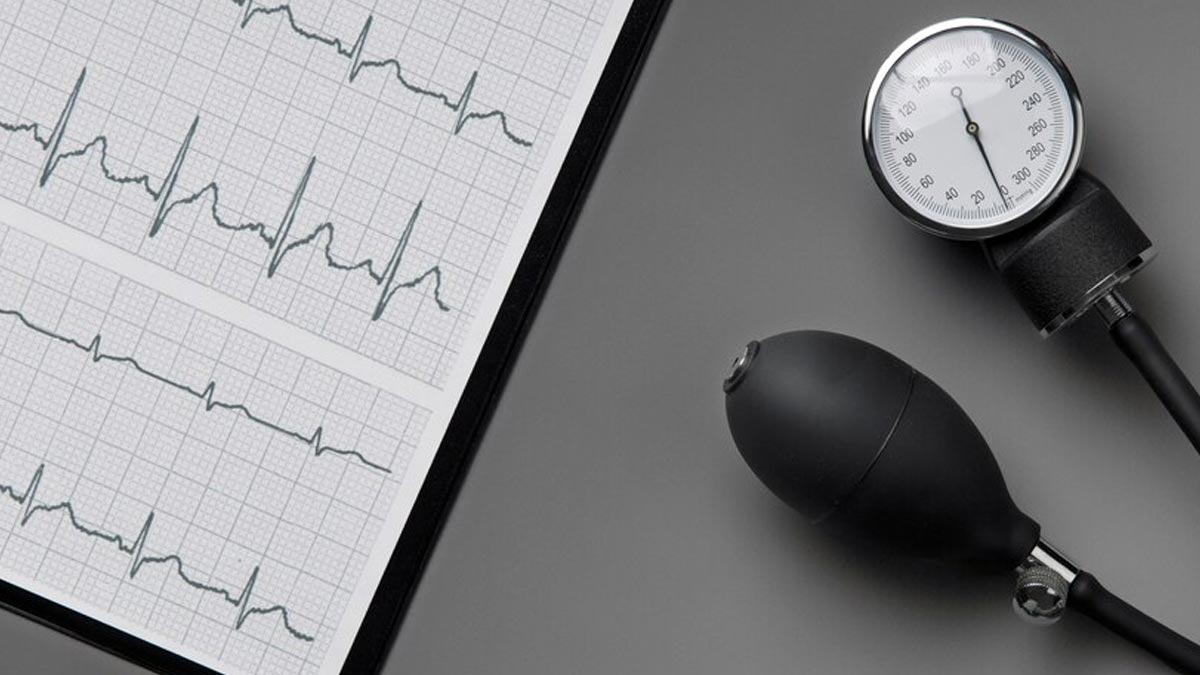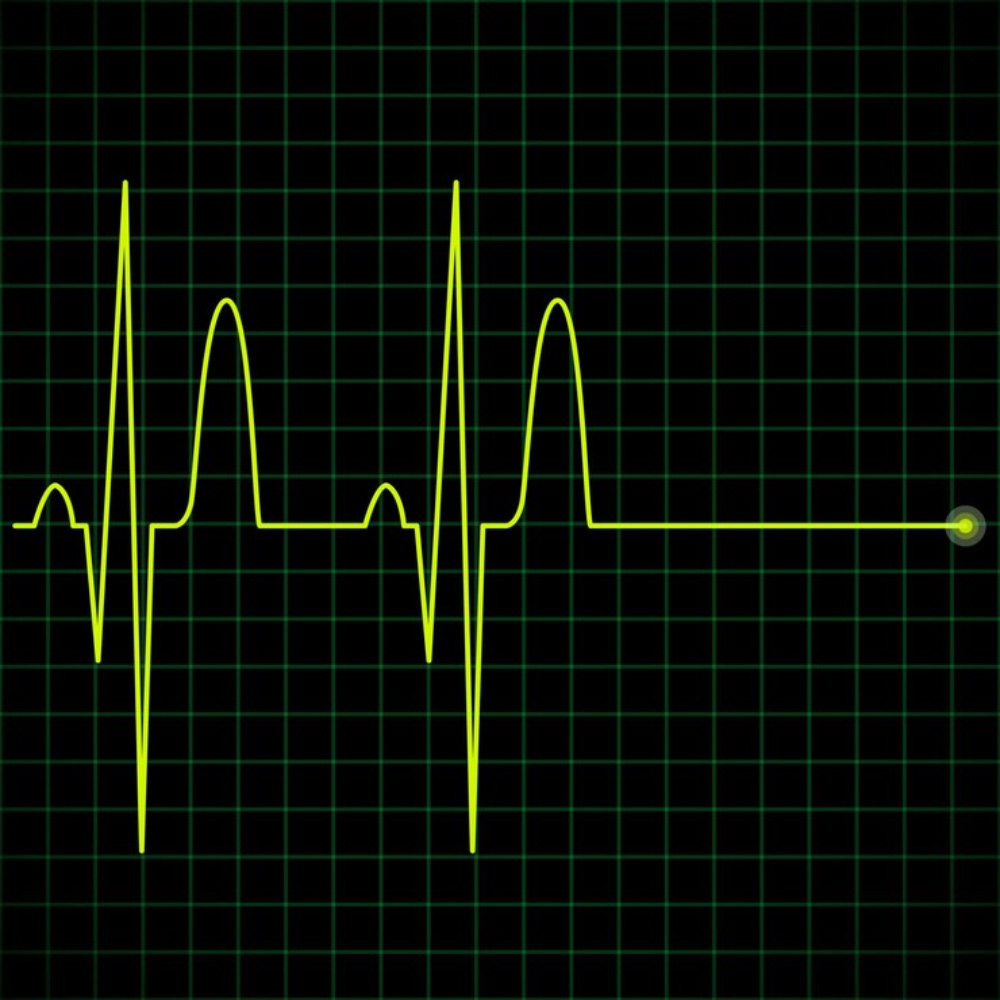
World Heart Rhythm Week, observed annually during the first week of June to raise awareness on the critical yet often overlooked condition of arrhythmia, also known as irregular heartbeat. Arrhythmia affects millions worldwide, ranging from harmless to life-threatening. Understanding this condition, its causes, symptoms, and treatment options can help in managing and preventing severe health complications. Let’s dive into a comprehensive guide on arrhythmia.
Table of Content:-
Arrhythmia is a condition in which your heart either beats too fast, too slow or inconsistently. It can feel like your heart is fluttering, racing, or skipping beats. Some people describe it as a pounding or thumping in the chest. It can also create a sensation of the heart beating erratically or irregularly. These sensations might come and go and can be more noticeable during physical activity or stress. For some, it can cause a feeling of weakness, lightheadedness, or discomfort in the chest.
The OnlyMyHealth team spoke to Dr Vanita Arora, Senior Consultant Cardiac Electrophysiologist and interventional Cardiologist, Indraprastha Apollo, Sarita Vihar, New Delhi, to know more about arrhythmia and its symptoms.

What Is Arrhythmia?
Dr Arora defined arrhythmia as inconsistent beating of the heart. According to him, it occurs when the electrical system of the heart does not work properly causing the heart to sometimes beat too fast or too slow.
However, he said that it is completely normal to sometimes have a fast or slow heart rate. For instance if a person is vigorously exercising, it is natural that his/her heart rate will be faster as compared to the time when the body is at rest.
Types of Arrhythmia
There are several types of arrhythmia but below are two major types.
Bradycardia: A slower than normal heart rate, typically below 60 beats per minute, which can cause fatigue, dizziness, and fainting.
Also read: Bradycardia: What Is Considered A Slow Heart Rate?
Tachycardia: A faster than normal heart rate, exceeding 100 beats per minute. It can be categorized into supraventricular tachycardia (originating above the ventricles) and ventricular tachycardia (originating in the ventricles).
Symptoms of Arrhythmia

Irregular heart rates often go unnoticed as they are asymptomatic most of the time. However, there are some common symptoms which can lead to it.
- Chest pain or discomfort
- Palpitations
- Light-headedness
- Shortness of breath
- Fatigue
- Fainting
- Anxiety
- Sweating
Causes of Arrhythmia
Several factors can trigger arrhythmia, including:
Heart-Related Causes:
- Coronary artery disease
- High blood pressure
- Heart surgery
- Cardiomyopathy
- Congenital heart defects
Non-Heart-Related Causes:
- Electrolyte imbalances in the blood (such as sodium or potassium)
- Hormonal imbalances (thyroid disorders)
- Certain medications
- Excessive alcohol or caffeine consumption
- Stress or anxiety

Treatment
The treatment for arrhythmia depends on its type and severity. Options include:
Lifestyle Changes: Reducing caffeine and alcohol intake, managing stress, maintaining a healthy weight, and regular exercise.
Medical Procedures
Cardioversion: Electrical shock or medication to restore normal rhythm.
Catheter Ablation: A minimally invasive procedure to destroy the tissue causing the arrhythmia.
Implantable Devices
Pacemakers: Small devices implanted under the skin to control abnormal heart rhythms.
Implantable Cardioverter Defibrillators (ICDs): Devices that detect and stop dangerous arrhythmias by delivering shocks to restore normal rhythm.

Prevention
While some arrhythmias cannot be prevented, the following measures can reduce the risk:
- Regular medical check-ups to monitor heart health
- Managing chronic conditions like hypertension and diabetes
- Adopting a heart-healthy diet rich in fruits, vegetables, whole grains, and lean proteins
- Avoiding tobacco use and limiting alcohol consumption
- Staying physically active with regular exercise
Conclusion
World Heart Rhythm Week serves as a vital reminder of the importance of heart health and awareness of arrhythmias. By understanding the types, causes, symptoms, and treatment options for arrhythmia, individuals can take proactive steps to protect their heart health and seek timely medical intervention when needed. Remember, a healthy heart leads to a healthier life.
Also watch this video
How we keep this article up to date:
We work with experts and keep a close eye on the latest in health and wellness. Whenever there is a new research or helpful information, we update our articles with accurate and useful advice.
Current Version